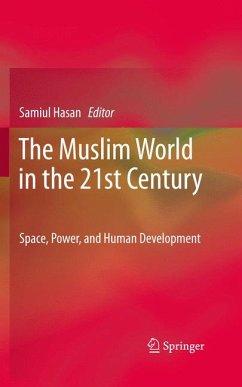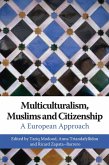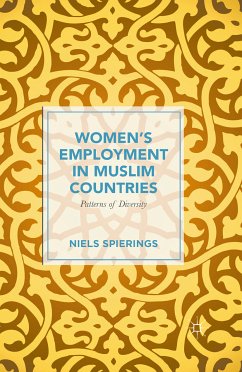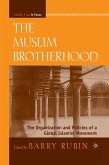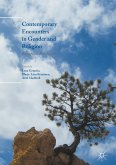The contributions to this innovative volume attempt to determine why this is. They explore the influence of environment, space, and power on human development. The result is a complex, interdisciplinary study of all MMCs in Africa and Asia. It offers new insights into the current state of the Muslim World, and provides a theoretical framework for studying human development from an interdisciplinary social, cultural, economic, environmental, political, and religious perspective, which will be applicable to regional and cultural studies of space and power in other regions of the world.
Dieser Download kann aus rechtlichen Gründen nur mit Rechnungsadresse in A, B, BG, CY, CZ, D, DK, EW, E, FIN, F, GR, HR, H, IRL, I, LT, L, LR, M, NL, PL, P, R, S, SLO, SK ausgeliefert werden.

